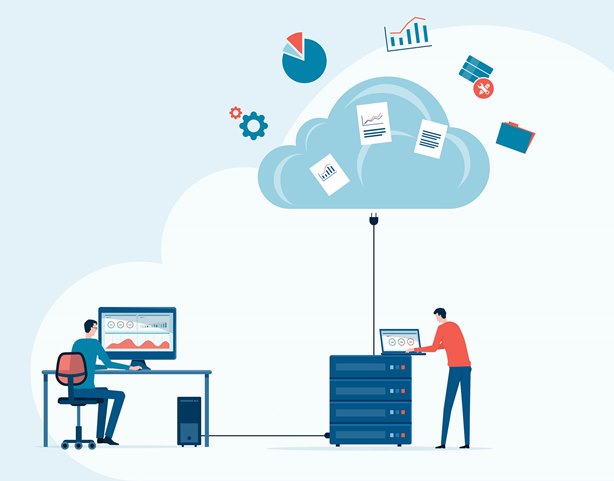Data Backup Best Practices for Nonprofits: Why Data Backup Matters and What Solutions to Consider to be protected at all costs
Posted Monday, March 27, 2023
Data Backup Best Practices for Nonprofits: Why Data Backup Matters and What Solutions to Consider
As a nonprofit organization, your data is a valuable asset that needs to be protected at all costs. Whether it's donor information, financial records, or operational data, losing any of it could significantly impact your organization's reputation and bottom line. That's why having a robust data backup and recovery plan is critical to ensure your nonprofit is always able to access its essential information.
Here are some best practices and examples of backup data solutions that will help ensure that your nonprofit's data is secure, available, and accessible.
Data Backup Best Practices For Nonprofits:
Regularly backup your data
The first step in protecting your data is to back it up regularly. This is a crucial step because it allows you to restore your data in case of any loss or corruption. To ensure maximum data protection, you should back up your data daily, or at least weekly, and store the backup off-site.
Choose the correct backup method
Several methods for backing up your data include full backups, incremental backups, and differential backups. Full backups create a complete copy of all data, while incremental backups only back up new data since the last backup. Differential backups back up all data changes since the last full backup. Choosing the right backup method will depend on your nonprofit's specific needs and resources.
Use multiple backup solutions
To ensure maximum protection, it's recommended to use multiple backup solutions. For example, you can back up your data locally, to an external hard drive, and to the cloud. This way, even if one backup method fails, you'll still have other backups to restore your data.
Test your backups
It's essential to regularly test your backups to ensure that they are working as expected and that you can restore your data in an emergency. This means verifying that the backups are being created and that they are accessible and can be restored to your system.
Encrypt your data
Encrypting your data is an important step in protecting it from unauthorized access. If your backup solution does not have built-in encryption, you can use third-party encryption tools to secure your data.
Examples of Data Backup Solutions for Nonprofits:
Microsoft OneDrive
OneDrive is a cloud-based storage solution from Microsoft that allows you to store, sync, and share files with others. With OneDrive, you can easily back up your data to the cloud and access it from anywhere. OneDrive also offers automatic backups, version history, and encryption to help protect your data.
Google Drive
Google Drive is a cloud-based storage solution from Google that offers a similar set of features to Microsoft OneDrive. Google Drive allows you to store, sync, and share files with others, and it also offers automatic backups, version history, and encryption to help protect your data.
Carbonite
Carbonite is a cloud-based backup solution that offers automatic, continuous data backup. With Carbonite, you can back up your data to the cloud and access it from anywhere. Carbonite also offers version history, encryption, and the ability to restore individual files or your entire system.
Acronis
Acronis is a powerful backup solution that offers a range of features to help protect your data. Acronis offers local backups, cloud backups, and the ability to back up virtual machines. Acronis also offers encryption, version history, and the ability to restore individual files or your entire system.
Data Backup Best Practices For Nonprofits Conclusion
In conclusion, protecting your nonprofit's data is critical to ensuring its success and longevity. By following best practices, such as regularly backing up your data, choosing the right backup method, using multiple backup solutions, testing your backups, and encrypting your data, you can ensure that your data is secure, available, and accessible at all times. Additionally, by considering cloud-based solutions such as Microsoft OneDrive, Google Drive, Carbonite, or Acronis, you can take advantage of advanced features and the convenience of accessing your data from anywhere. Implementing a robust data backup plan will give you peace of mind and help ensure the continued success of your nonprofit organization.

